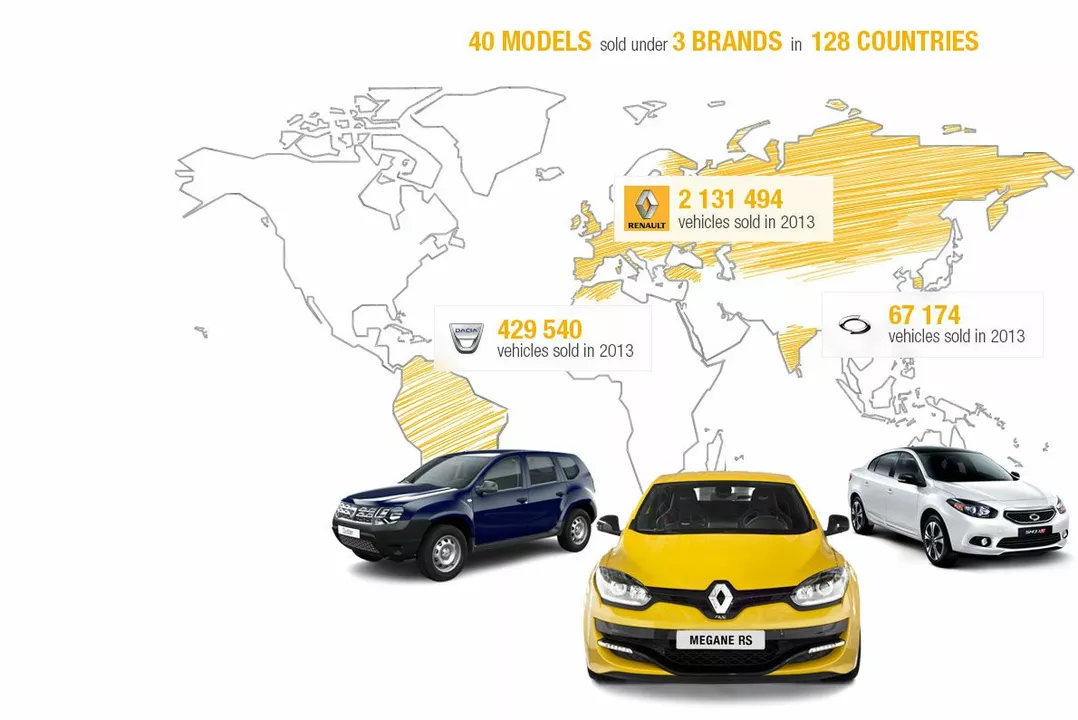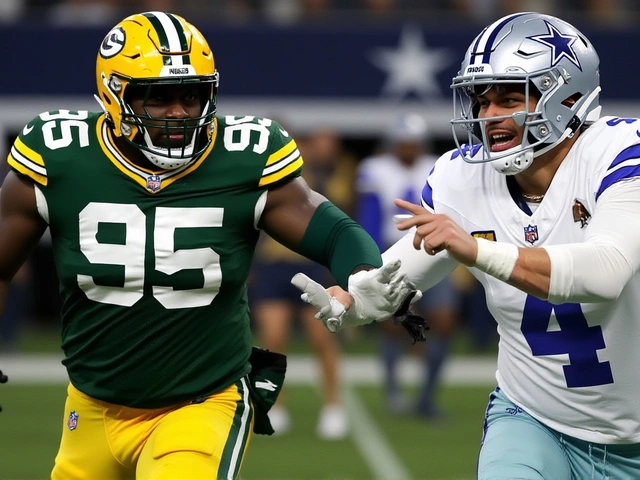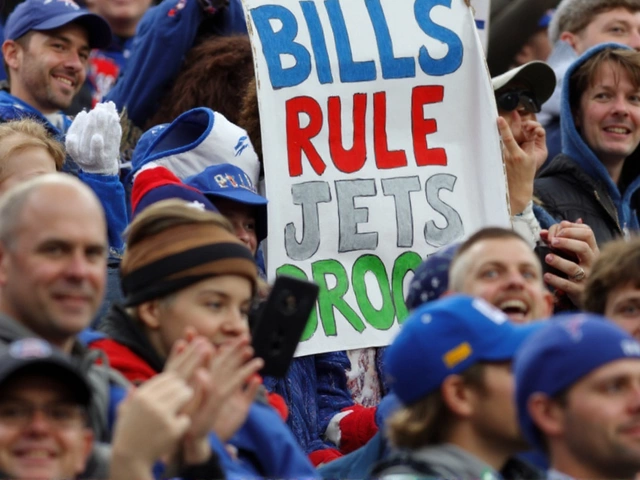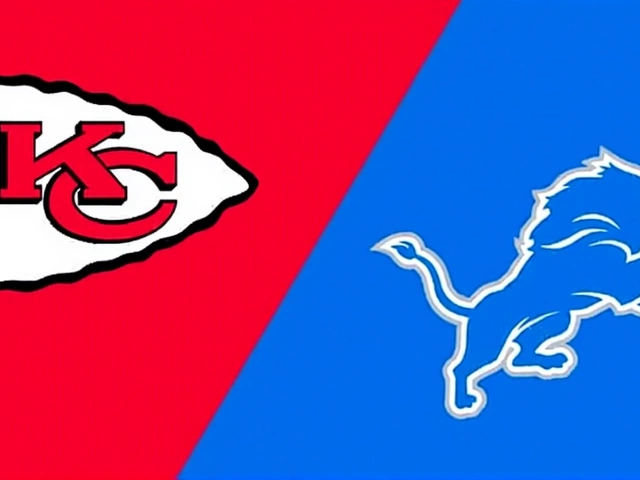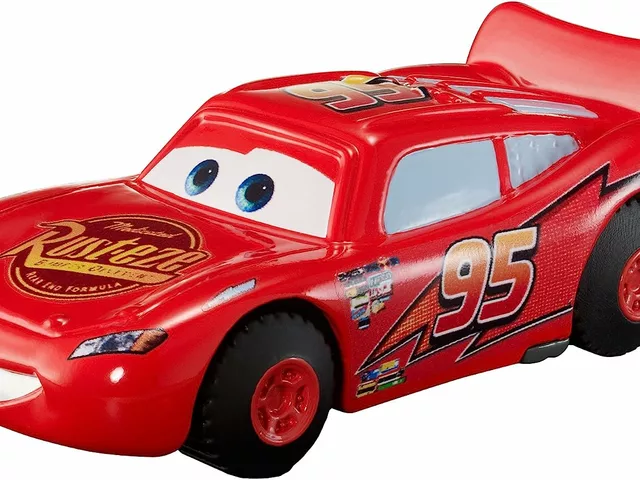Introduction: Renault's Global Reach
As a car enthusiast and blogger, I've always been fascinated by the world of automobile companies and the intricate relationships between various car brands. One of the most interesting cases is the French automaker Renault, which has a reputation for producing reliable and innovative vehicles. In this article, I will explore the question, "Does Renault own other car brands?"
To answer this question, I will delve into the history of Renault and its various acquisitions and alliances over the years. Join me as we take a trip through the world of Renault and discover the many car brands that fall under its umbrella.
Renault-Nissan-Mitsubishi Alliance: A Strategic Partnership
In 1999, Renault entered into a strategic alliance with Nissan, a Japanese automaker, to create the Renault-Nissan Alliance. This partnership aimed to increase efficiency, reduce costs, and improve profitability for both companies. The alliance has since become one of the most successful and enduring collaborations in the automotive industry.
In 2016, the alliance expanded to include Mitsubishi, another Japanese automaker, resulting in the formation of the Renault-Nissan-Mitsubishi Alliance. Together, these three companies form one of the largest car manufacturing groups in the world, with a presence in over 200 countries and a combined annual production of over 10 million vehicles.
Dacia: Affordable European Cars
In 1999, the same year that Renault formed its alliance with Nissan, the company acquired the Romanian automaker Dacia. Dacia was originally founded in 1966 and gained popularity for producing affordable and reliable vehicles for the European market.
Since its acquisition by Renault, Dacia has undergone a significant transformation, with Renault investing heavily in modernizing its production facilities and updating its product lineup. Today, Dacia is known for offering a range of budget-friendly vehicles, such as the Logan, Sandero, and Duster, which have become increasingly popular in Europe and other markets.
Lada: Russia's Iconic Car Brand
Renault's reach also extends to Russia, where it has a majority stake in AvtoVAZ, the manufacturer of the iconic Lada brand. Lada was founded in 1966 and has a long history of producing robust and affordable vehicles for the Russian market. In 2008, Renault acquired a 25% stake in AvtoVAZ, which has since increased to over 60%.
As part of its partnership with AvtoVAZ, Renault has helped modernize Lada's production facilities and introduced new models, such as the Lada Vesta and XRAY, which have been well-received in Russia and other markets. This collaboration has also allowed Renault to increase its presence in the rapidly growing Russian automotive market.
Alpine: Renault's High-Performance Sports Car Division
Alpine is a French sports car brand owned by Renault and has a rich history in motorsports, particularly rally racing. Founded in 1955, Alpine became a part of Renault in 1973. The brand was dormant for several years before Renault decided to revive it in 2017 with the launch of the Alpine A110 sports car.
The new Alpine A110 has received critical acclaim for its performance, handling, and lightweight design, and it has helped reestablish Alpine's reputation as a producer of high-quality sports cars. This revitalization of Alpine demonstrates Renault's commitment to catering to various market segments, including enthusiasts of high-performance vehicles.
Renault Samsung Motors: Expanding into the Korean Market
Renault also has a presence in the Korean market through its subsidiary Renault Samsung Motors (RSM). Founded in 1994 as Samsung Motors, the company was acquired by Renault in 2000 following the Asian financial crisis. Since then, RSM has become an important player in the Korean automotive market, producing a range of vehicles under the Renault Samsung brand.
RSM's lineup includes sedans, SUVs, and electric vehicles, and its models are known for their sophisticated design and advanced technology. Through its partnership with RSM, Renault has been able to tap into the growing demand for high-quality vehicles in the Korean market, further expanding its global reach.
Conclusion: A Global Automotive Powerhouse
So, does Renault own other car brands? The answer is a resounding yes. Through its various acquisitions, alliances, and partnerships, Renault has become a truly global automotive powerhouse, with a presence in numerous countries and a diverse portfolio of brands catering to different market segments.
From its strategic alliance with Nissan and Mitsubishi to its ownership of European brands like Dacia and Alpine, as well as its investments in Russia's Lada and Korea's Renault Samsung Motors, Renault has successfully expanded its reach and strengthened its position in the competitive world of automobile manufacturing. As a car enthusiast, I find it fascinating to see how this French automaker continues to evolve and adapt to the ever-changing global automotive landscape.
